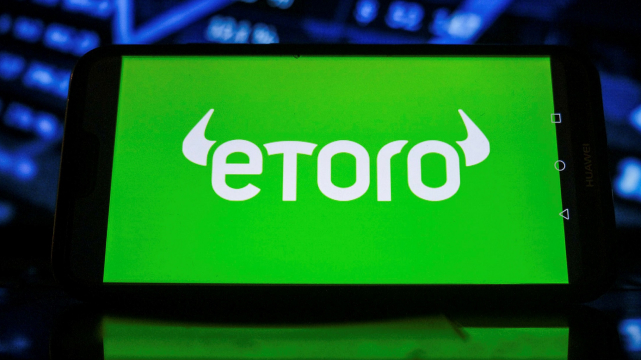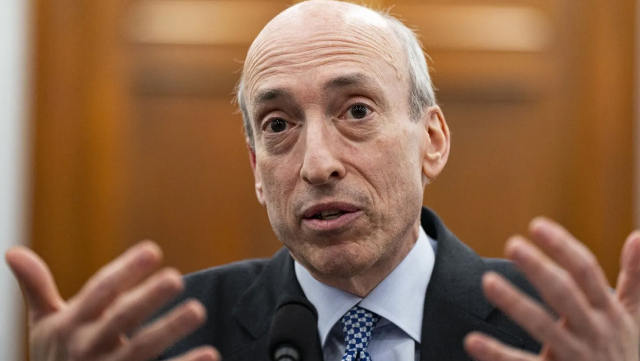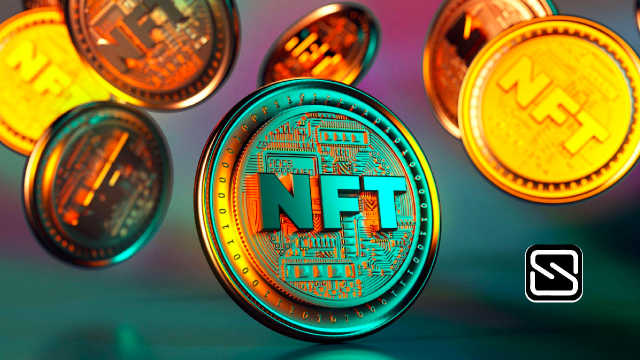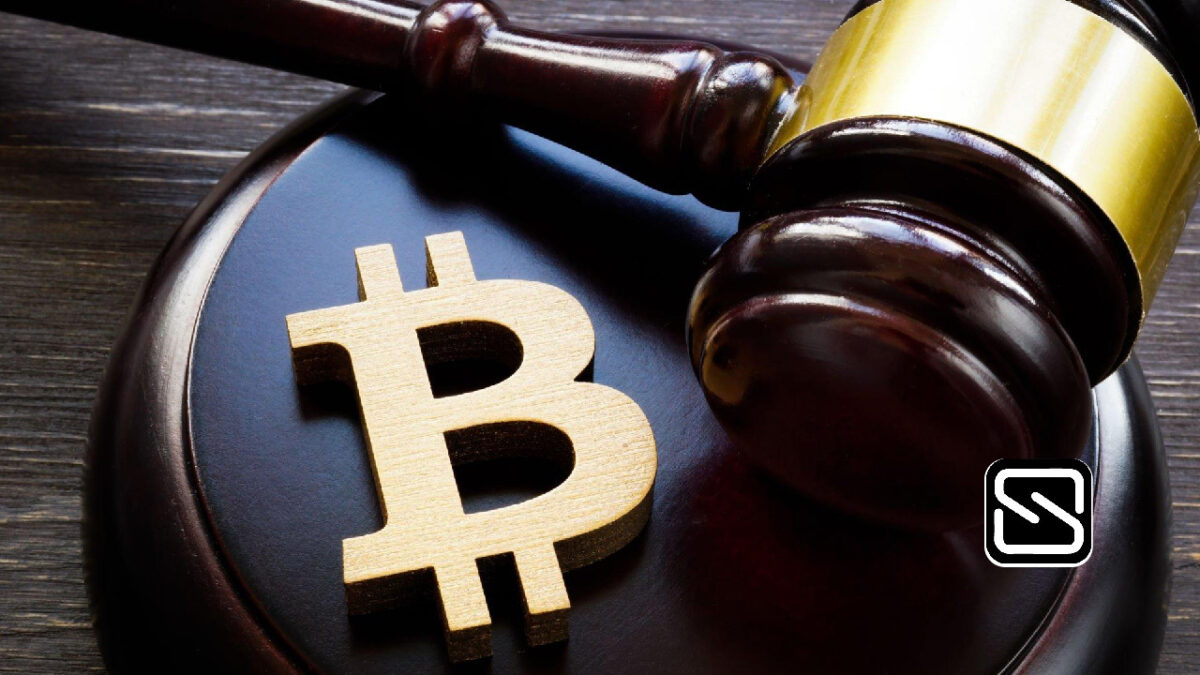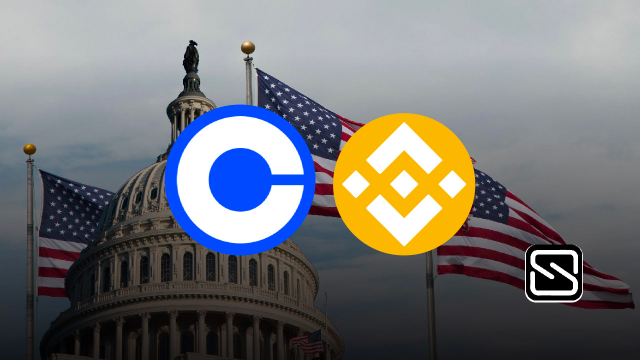In a recent development, the United States Securities and Exchange Commission (SEC) has taken legal action against two prominent cryptocurrency exchanges, Binance and Coinbase. This move represents a significant milestone in the ongoing efforts of regulatory bodies to assert control over the cryptocurrency industry.
The SEC’s accusations are primarily directed towards Binance and its founder, Changpeng Zhao, alleging a web of deceitful practices and charging them with multiple offenses. One of the central claims made by the SEC is that Binance and Zhao failed to genuinely separate the US company from the US exchange it was spun off from. While Binance.US claimed to have restricted its customers from transacting on Binance.com since 2019, the SEC contends that the exchange secretly enabled high-value US customers to continue trading on its main platform. Furthermore, the SEC accuses Zhao of exerting undisclosed control over Binance.US, despite publicly presenting it as an independent trading platform for US investors.
The SEC’s complaint also reveals evidence suggesting that Binance’s leadership was aware of their violations of US regulations. Additionally, the SEC alleges that assets were redirected to a separate entity owned by Zhao, known as Sigma Chain, which facilitated “wash-trading” to artificially inflate Binance.US trading volume.
In a separate lawsuit, the SEC has accused Coinbase of operating as an unregistered broker, exchange, and clearing agency, thus jeopardizing the security of its customers. Various state financial regulators, including those from California and Alabama, have filed legal actions alleging that Coinbase operated as an unregistered securities dealer. The Director of the SEC’s Division of Enforcement, Gurbir S Grewal, emphasized that Coinbase was well aware of the applicability of federal securities laws but deliberately chose not to comply.
However, the lawsuits don’t appear to have spooked crypto investors much. Bitcoin, the most-traded cryptocurrency, dropped sharply Monday but jumped back up Tuesday. It now stands at $26,000 as of this writing.
Considering the potential repercussions of these lawsuits, the African crypto industry may be affected in the long run. While the immediate impact remains uncertain, several key implications are worth considering:
1. Regulatory Scrutiny: The SEC’s crackdown on Binance and Coinbase may prompt African regulators to adopt a more cautious approach towards cryptocurrencies. They may be inclined to tighten existing regulations or introduce new ones to mitigate potential risks and protect investors.
2. Investor Confidence: The lawsuits serve as a reminder that regulatory actions can impact the cryptocurrency market. This might lead to a temporary decline in investor confidence, as individuals and institutions take a more cautious stance, waiting for greater regulatory clarity before engaging further in cryptocurrency activities.
3. Market Opportunities: If Binance and Coinbase face significant challenges in the US market, they may redirect their focus to other regions, including Africa. This could result in increased investment and the introduction of new cryptocurrency services in African countries, potentially fostering economic growth and technological innovation.
4. Increased Scrutiny on Local Exchanges: African cryptocurrency exchanges may experience heightened scrutiny from both domestic and international regulators. Local exchanges will likely need to ensure compliance with existing regulations and demonstrate transparency to avoid legal consequences.
5. Need for Regulatory Collaboration: The SEC’s actions highlight the importance of regulatory collaboration between African countries and international bodies. Coordinated efforts and information sharing can help establish consistent regulatory frameworks across borders, enabling a more conducive environment for cryptocurrency-related activities.
While the immediate impact of the SEC’s lawsuits on Binance and Coinbase might not significantly rattle crypto investors, the long-term consequences for Africa’s cryptocurrency ecosystem remain uncertain. Stakeholders, including regulators, exchanges, and investors, will need to closely monitor the situation and adapt to the evolving regulatory landscape to ensure sustainable growth and mitigate potential risks.


